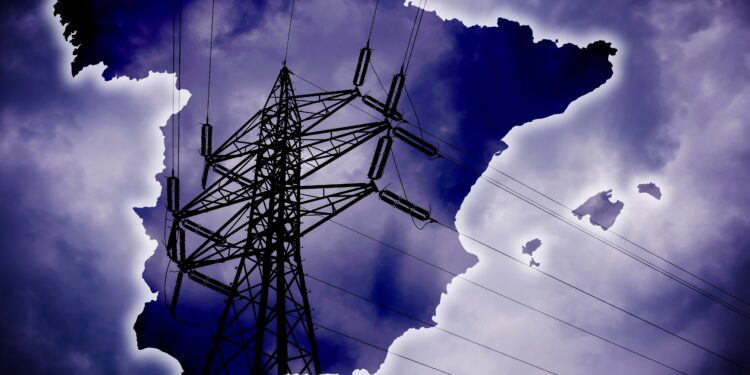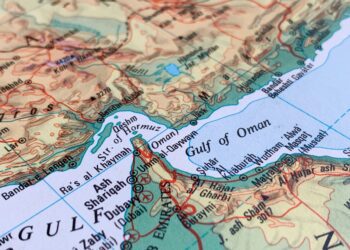Power has been restored to tens of millions of people across almost all of Spain and Portugal, but disruptions to transport services were expected to stretch into a second day as questions mount over what caused a massive blackout.
Both countries remain under states of emergency after electrical supply was lost across the entire Iberian Peninsula, and in part of France, on Monday. The outage brought businesses to a standstill, halted elevators, knocked out traffic lights, and caused chaos on roads and in airports.
On Tuesday morning, Spain’s grid operator said power had been supplied to 99% of the country, but the transport minister warned some trains would not operate, or would run at a reduced capacity – including the high-speed rail network.
Late Monday, power had been restored to most of Portugal, with videos on social media showing people cheering at night as the lights came back on.
Spanish Prime Minister Pedro Sanchez said on Monday that authorities were still not sure what caused the blackout, as his Portuguese counterpart blamed Spain.
Portugal’s Prime Minister Luis Montenegro on Monday said he did not yet know what had caused the blackout, but it “did not originate in Portugal” and “everything indicates” the problem started in Spain.
The outage took out lighting and power sockets, and caused subway systems to suddenly fail. In Madrid, traffic piled up on the roads after the lights went out.
“I was driving and suddenly there was no traffic lights … It was a bit of a jungle,” Luis Ibáñez Jiménez told CNN. “I saw a massive bus coming, and I had to accelerate a lot to go past it.”
The blackout’s impact was dramatic: transport hubs were shuttered and governments in both countries, which share a population of around 60 million people, hastily arranged emergency meetings to coordinate a response.
Confusion grips major cities
Monday’s blackout hit a huge and busy swathe of southern Europe. Dozens of Iberian cities, like Madrid, Lisbon, Barcelona, Seville and Valencia, are major hubs for transport, finance and tourism. Two of the five busiest airports in the European Union in 2023 were Madrid’s and Barcelona’s, according to EU data.
For a few hours, modern routines were suspended: cash replaced card payments, police officers used arm signals to direct traffic, and restaurants, supermarkets and stores closed their doors. Madrid’s firefighters carried out 174 “elevator interventions” across the city on Monday, its Emergency Information Office said, and some shoppers stocked up on essentials and canned goods.
The worst-case scenarios appeared to have been averted, at least in the first hours of the blackout. Spain’s nuclear sites were declared operational and safe, while Portugal’s National Institute for Medical Emergencies said it had “activated its contingency plan,” running its telephone and IT systems through a back-up generator. Spain’s health ministry said the same process happened in hospitals there.
Read the full story by Rob Picheta / CNN












